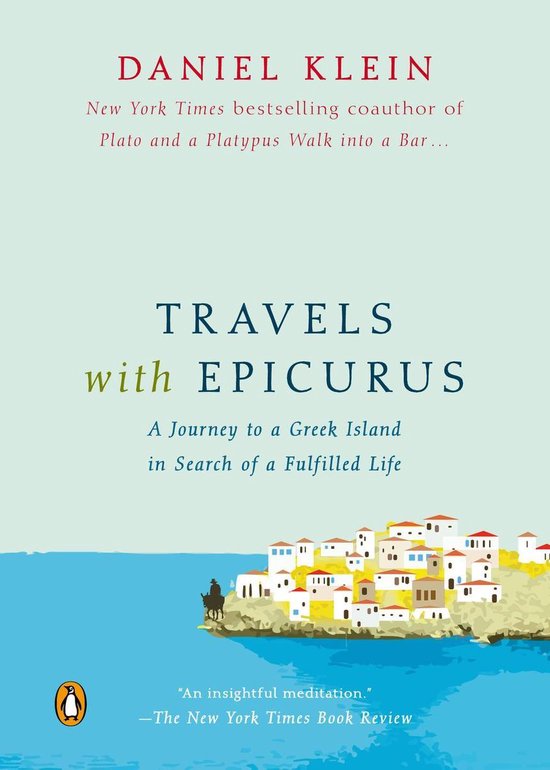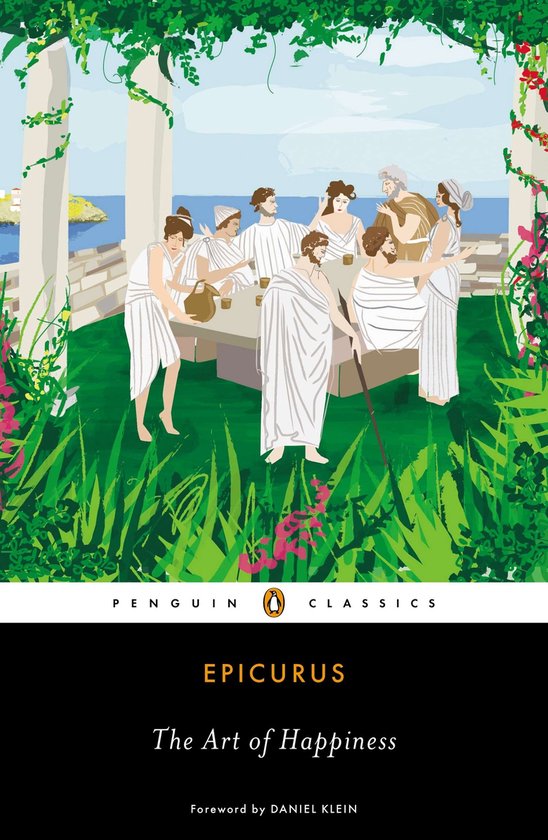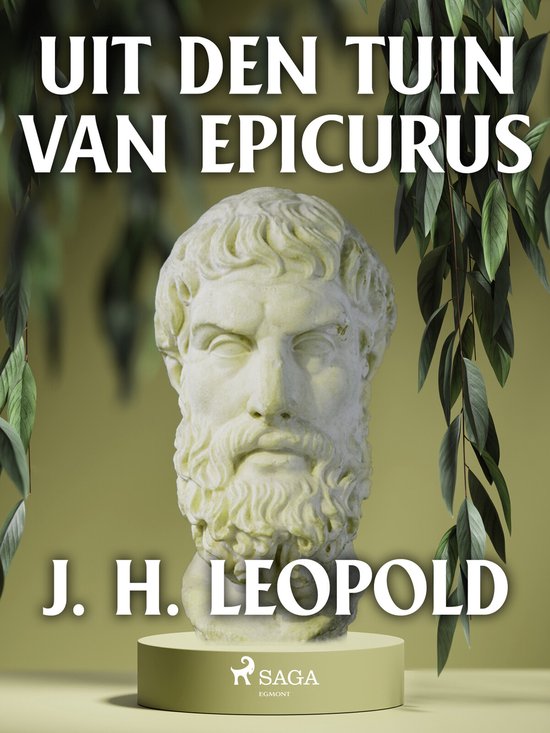
On Happiness
Epicurus' Epistle to Menoeceus is a summary of the ethical teachings of Epicurean philosophy written in the epistolary literary style, and addressed to a student. It addresses theology, the hierarchies of desires, how to carry choices and avoidances in order to achieve net pleasure, and other aspects of Epicurean ethics. It is the most important of the three surviving letters of Epicurus.
Epicurus was an ancient Greek philosopher and sage who founded Epicureanism, a highly influential school of philosophy. He was born on the Greek island of Samos to Athenian parents. Influenced by Democritus, Aristippus, Pyrrho, and possibly the Cynics, he turned against the Platonism of his day and established his own school, known as "the Garden", in Athens. Epicurus and his followers were known for eating simple meals and discussing a wide range of philosophical subjects. He openly allowed women to join the school as a matter of policy. Epicurus is said to have originally written over 300 works on various subjects, but the vast majority of these writings have been lost. Only three letters written by him—the letters to Menoeceus, Pythocles, and Herodotus—and two collections of quotes—the Principle Doctrines and the Vatican Sayings—have survived intact, along with a few fragments of his other writings. Most knowledge of his teachings comes from later authors, particularly the biographer Diogenes Laërtius, the Epicurean Roman poet Lucretius and the Epicurean philosopher Philodemus, and with hostile but largely accurate accounts by the Pyrrhonist philosopher Sextus Empiricus, and the statesman and Academic Skeptic Cicero.
Translated by Robert Drew Hicks
| Auteur | | Epicurus |
| Taal | | Engels |
| Type | | E-book |
| Categorie | | Wetenschap & Natuur |





